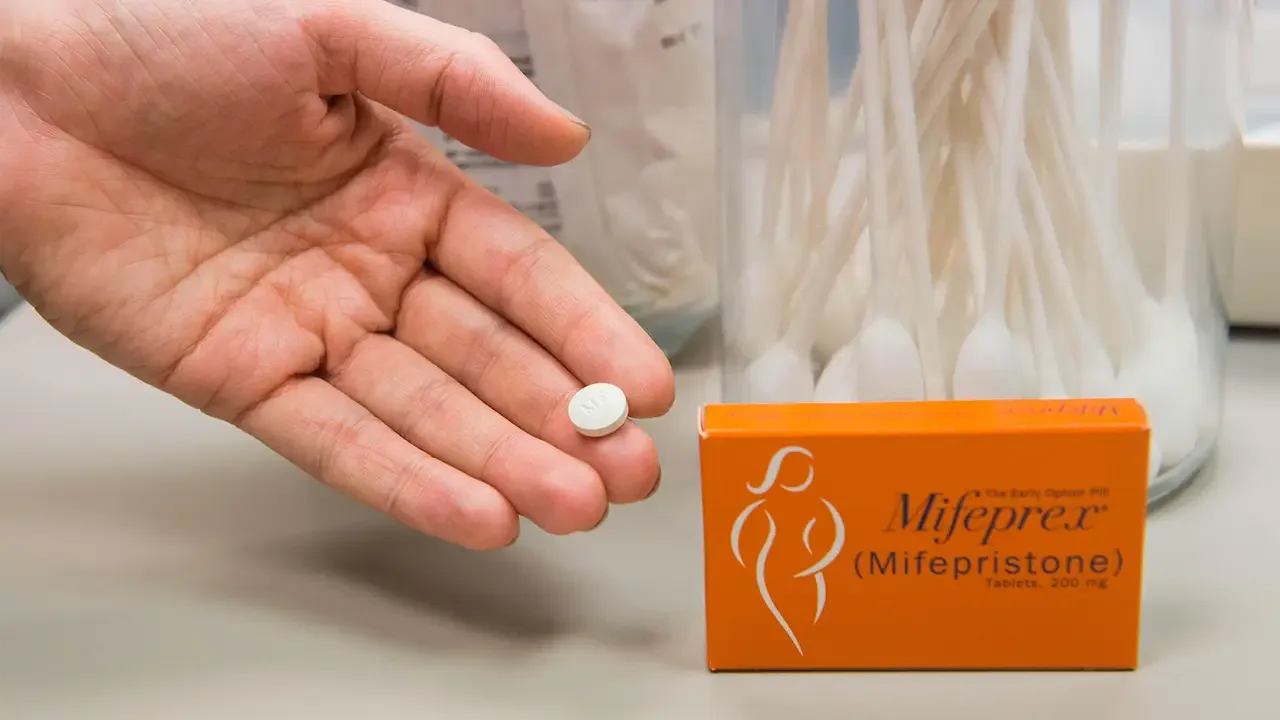State-level Legislative & Shield Law Work
Through rigorous state-level advocacy, we actively work in partnership with affected communities to defend their rights against encroachment. In addition to ongoing policy consultation and coalition support, our policy team’s efforts have contributed to significant “shield law” wins:
MARYLAND, MAY 4, 2023: Thanks to dedicated advocacy from L4GG, Governor Wes Moore signed an Executive Order that protects against the encroaching threats faced by transgender individuals, especially in states like Florida and Texas. Not only does this order shield dedicated doctors providing care to transgender individuals, but it also safeguards personal medical information against invasive investigations. Governor Moore's actions, with input and guidance from L4GG and partners like the National Center for Transgender Equality, have solidified Maryland as a haven of rights, marking it the 9th state to robustly protect gender-affirming care.
NEW YORK, JUNE 25, 2023: A year after the Dobbs decision and with L4GG helping to lead advocacy, New York passed legislation that empowers providers with telehealth reproductive healthcare capabilities, while also giving them legal protection against restrictive out-of-state laws. Furthermore, the state has put its foot down against any discrimination based on gender-affirming care decisions, prioritized addiction services tailored to gender identity and expression, and moved toward a more inclusive language in its legal lexicon.
STOP COMSTOCK ACT, 2025: Lawyers for Good Government is proudly working in coalition with mission-aligned partner organizations to fight for passage of the Stop Comstock Act, a bill aimed at neutralizing the dangerous threat to abortion and reproductive health care posed by the antiquated and unconstitutional Comstock Act. As long as the Comstock Act remains on the books, it is a weapon that anti-abortion groups will attempt to use effect a nationwide backdoor abortion ban.
Model Hospital Policies
L4GG and the American College of Obstetricians and Gynecologists (ACOG) have partnered to create state-specific model protocols helping hospitals and clinicians in abortion-restrictive states to maximize evidence-based care while safely navigating state law. This project was developed in response to widespread uncertainty around when state law allows clinicians to intervene to provide abortion or miscarriage care – particularly in states that threaten severe civil, criminal and professional consequences for individuals found in violation of the law. As a result of that uncertainty, patients are being denied care that they are legally entitled to. The goal of this project is to help healthcare providers and systems effectively respond to the current legal landscape in a way that is legally safe and clinically sound, limiting the harm created by restrictive abortion bans. ACOG & L4GG have successfully piloted and launched this project in several states, with more on the horizon.
TRANSGENDER HEALTH REPORT: Updated Report Coming Soon!
In the face of escalating threats to gender-affirming care nationwide, L4GG continues to fight for bodily autonomy and self-determination for all people. . Our policy team has conducted research and created resources, including our comprehensive report on attacks against transgender health and our recently-launched Policy Resource Hub for Trans Rights, that offer a deep dive into the current threats to the rights of LGBTQ+ people.
In collaboration with National Center for Transgender Equality (NCTE) and the Trans Formations Project, L4GG co-authored a report titled “Lives on the Line: The Escalating Attacks on Trans, Non-Binary, Two-Spirit and Intersex People’s Health” about the wave of anti-trans policies that are sweeping the nation. The report finds that transgender, nonbinary, intersex, and two-spirit people — and especially transgender youth — face vicious, highly politicized, rapidly escalating and cunningly strategic attacks on their right to exist that fly in the face of federal and international law, and includes state-specific findings about these attacks. These attacks have drastically escalated in 2025, with the federal government taking steps to enact an openly anti-trans policy agenda and the U.S. Supreme Court finding that states can ban gender-affirming care for minors.





















